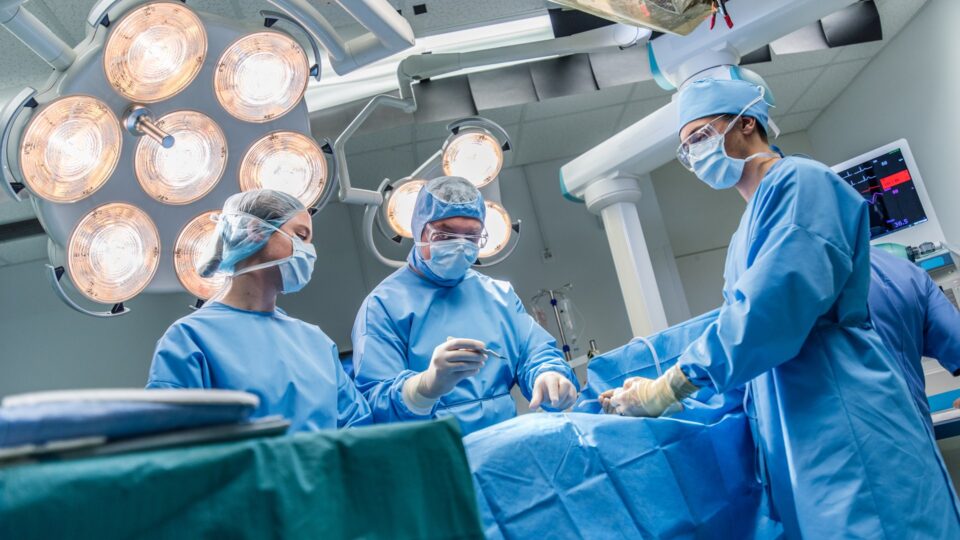Most of you must have met a general surgeon in a hospital but do you know who is a general surgeon? A general surgeon is a physician who has the education and training in the following discipline:
- Diagnosis and preoperative
- Operative
- Postoperative management of patient care.
The surgeon must know about the following:
- Anatomy
- Intensive and emergency care
- Metabolism
- Immunology
- Pathology
- Nutrition
- Shock and resuscitation
- Physiology
- Wound healing.
The general surgeon is a professional who is trained to offer you surgical care. This also includes all the above while managing his/her patient offering surgical treatment of the:
- Alimentary tract
- Abdomen, including the pelvis
- Breast, skin, and soft tissue
- Endocrine system.
Webop.com has come out with a learning platform where a trainee can get training on this skill through e-learning.
General surgeon skills and their definition
- Surgical skills
This skill is to perform a surgical procedure. One can acquire this expertise through formal education and training, or through practice and experience.
- Communication skills
This is the ability to communicate with patients, families, and the healthcare team effectively. Surgeons must be capable of clearly explaining procedures and treatment options.
- Organizational skills
For surgeons, organizational skills are equally important as they have to keep proper track of their patients, check their medical records, and also their schedule.
- Multi-tasking ability
Multi-tasking ability is equally important for general surgeons as often they have to manipulate multiple patients, tasks, and procedures simultaneously.
- Critical thinking skills
This skill is also important as surgeons should make quick, decisions with whatever information is available. They must assess the risks and benefits of various other courses of action and choose the best one.
- Problem-solving skills
General surgeons often need to deal with complex medical issues that require immediate solutions. Surgeons have to identify the problem, develop a plan of action, and execute it timely and efficiently.
- Emotional stability
For a surgeon, to remain level-headed and calm in emotionally charged situations is very important. Surgeons should make quick decisions while staying calm and focused.
- Stamina and physical strength
The surgeon must have the ability to work for long hours of surgery to perform delicate operations.
- Dexterity
Dexterity is called the ability to use his/her hands skill-fully. A surgeon must have this skill to perform delicate operations.
- Visual acuity and depth perception
Visual acuity is known as the ability to clearly see. The ability to see how far any objects are, is depth perception.
- Knowledge of human anatomy and physiology
This is necessary for all surgeons, as they must understand and construe the results of diagnostic tests/procedures, and identify any problems during surgery.
- Medical knowledge
This is critical for all general surgeons, as they must understand and treat several varieties of conditions. This knowledge must include a proper understanding of humans:
- Anatomy
- Physiology
- Pathology.
Conclusion
A general surgeon is a professional who possesses a range of skills that are necessary for offering comprehensive surgical care. From technical knowledge to decision-making abilities and effective communication, general surgeons play a very important role in the healthcare system.
Whether performing any laparoscopic surgery, managing traumatic injuries, or offering patient-centred care, general surgeons utilize their services to improve the lives of their patients.

